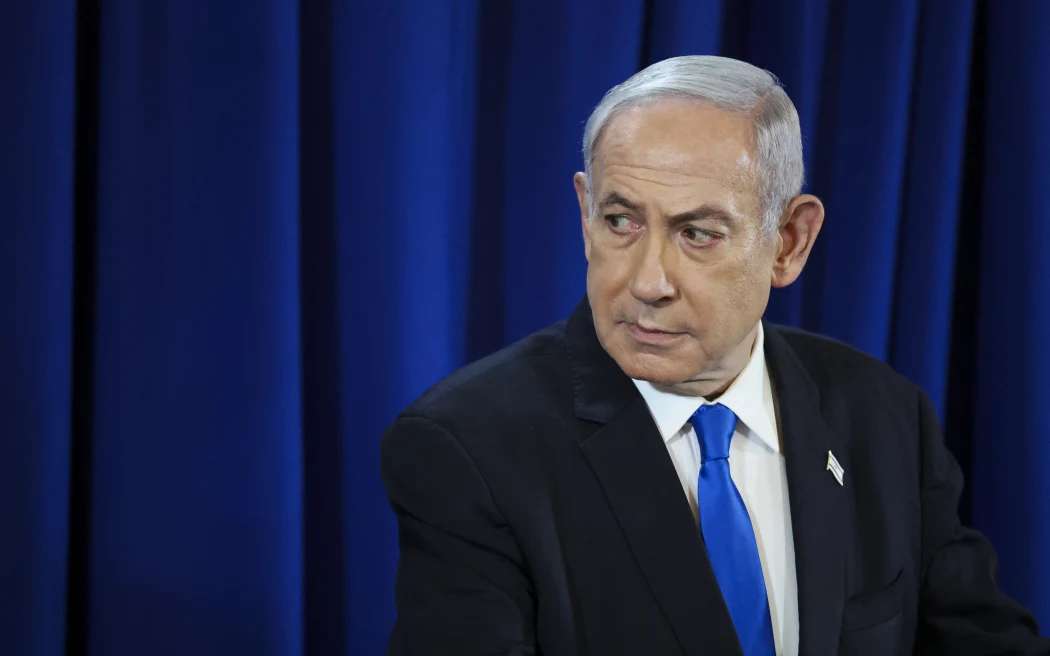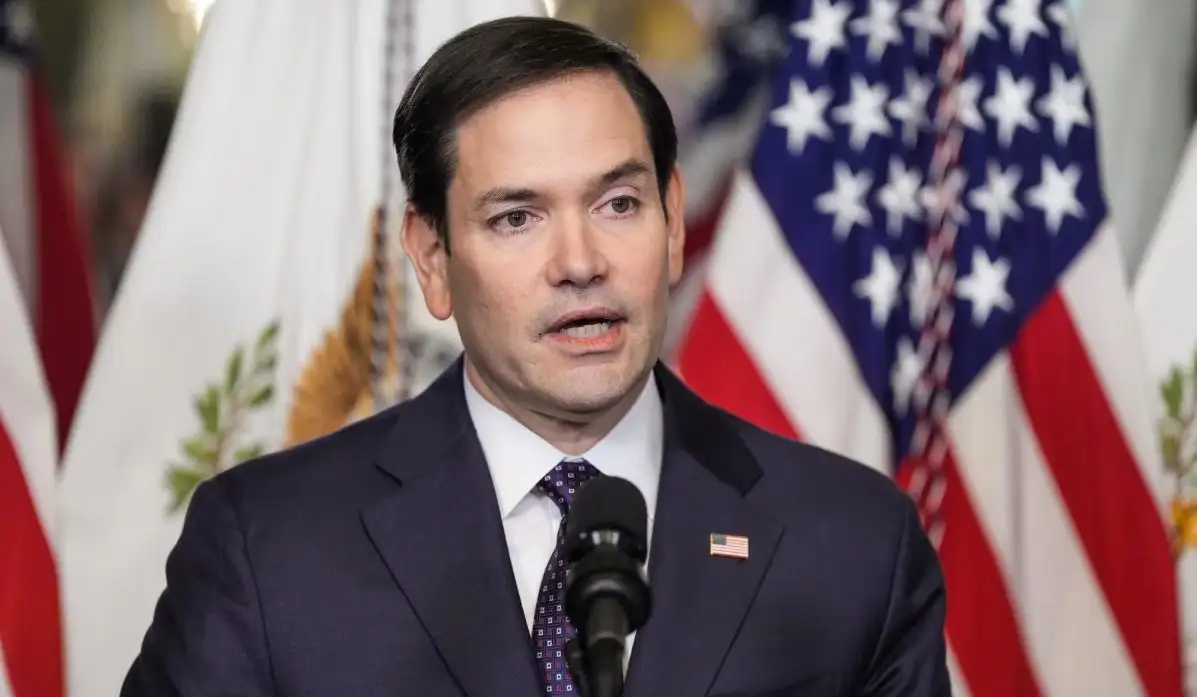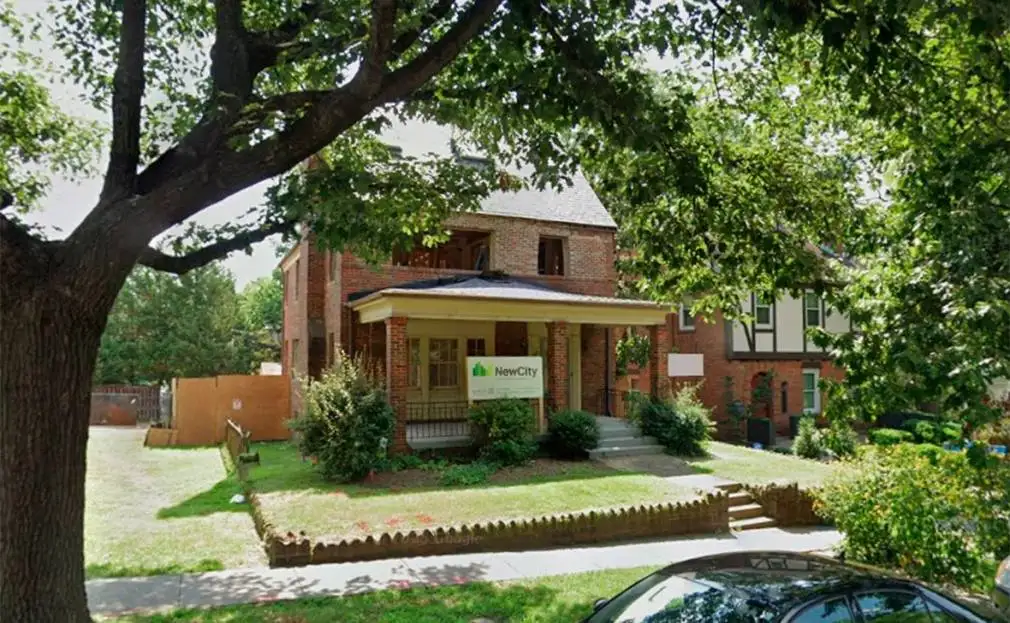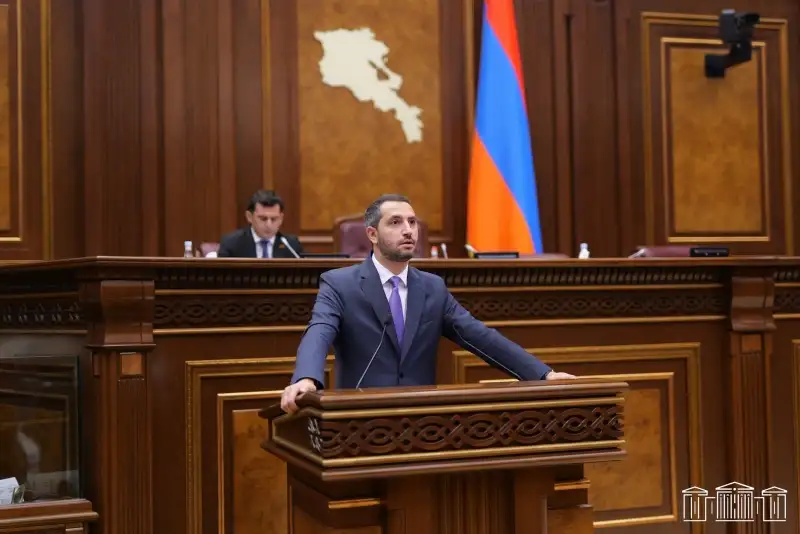Israeli Prime Minister Benjamin Netanyahu has announced for the first time that he recognizes the Genocide committed by the Ottoman Empire against Armenians, Assyrians, and Greeks in the early 20th century. In an interview with Patrick Bet-David on his podcast, Netanyahu said: "I think we do. The Knesset has passed such a resolution," although such legislation has not yet become law. When asked why no prime minister has recognized the Genocide, he replied: "I just recognized it," The Times of Israel reports.
According to the media outlet, Armenians have long sought international recognition of the killings of an estimated 1.5 million Armenians by the Ottoman Empire between 1915 and 1923. Turkey, as the successor to the Ottoman Empire, categorically rejects accusations that these events constituted Genocide. In 1965, Uruguay became the first country to recognize the Armenian Genocide. Now, only 34 countries have officially recognized it, as many countries avoid straining relations with Turkey, which has NATO's second-largest army and is considered a pro-Western Muslim state.
Israel has long considered Turkey an important trade and security partner. But the ongoing war in Gaza has brought Israeli-Turkish relations to a new low. Turkish President Recep Tayyip Erdogan openly supports Hamas and is a fierce critic of Israel. Turkey praised the October 7, 2023, attack in which terrorists from Gaza crossed into Israel, killing 1,200 people and taking 251 hostages.
Some argue that the unique nature of the Holocaust prevents Israel from recognizing the Armenian Genocide, fearing that it would diminish its significance. On the other hand, many emphasize the importance of relations with Turkey, considering the slogan "Never Again" a security guarantee. In contrast, many Israelis argue that the experience of the Holocaust obliges them to recognize the genocides of other peoples.
Several Jewish organizations have recognized the Armenian Genocide.
In 2001, Israeli Foreign Minister Shimon Peres denied the Armenian Genocide, considering it a tragedy but not Genocide. In 2000, Education Minister Yossi Sarid announced his intention to include the Genocide in Israeli curricula. In 2011, MK Aryeh Eldad introduced a bill to declare April 24 as Armenian Genocide Remembrance Day, but it was not put to a vote. Former Israeli President Reuven Rivlin, as speaker of the Knesset, had advocated for recognition of the Genocide, but after becoming president, he avoided using the term "genocide." In 2018, a vote on recognition was canceled due to a lack of support from the coalition.




















